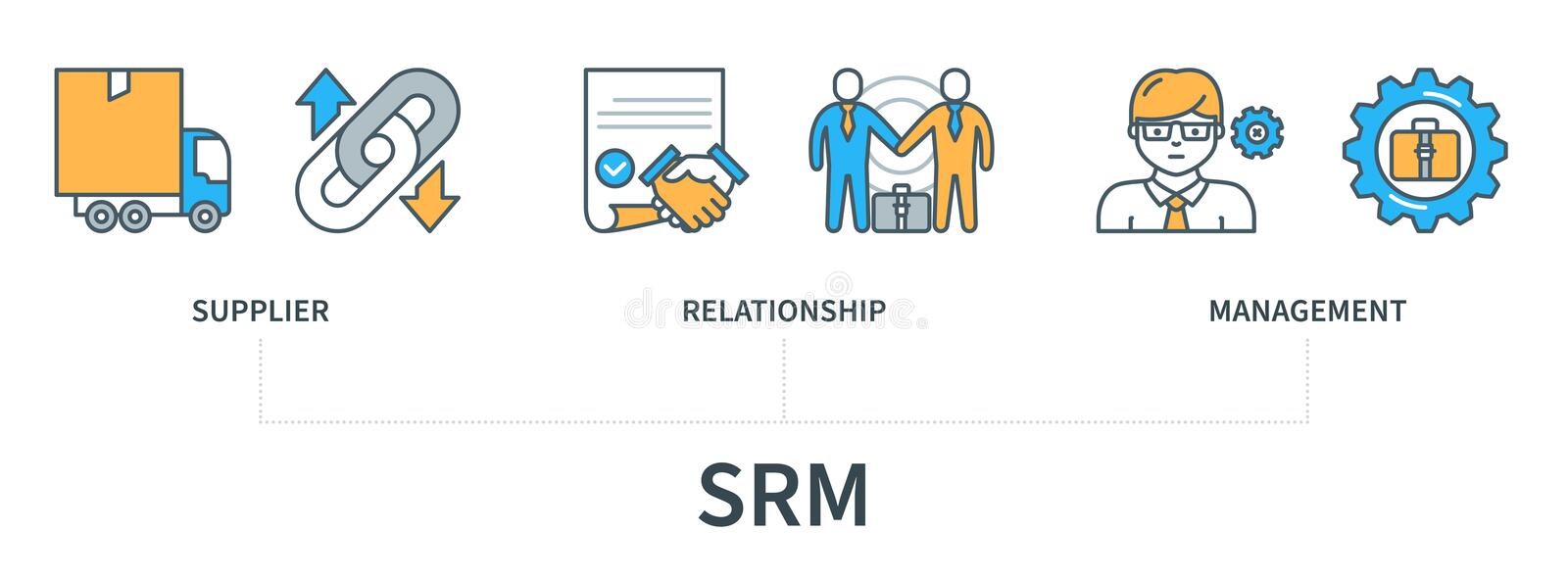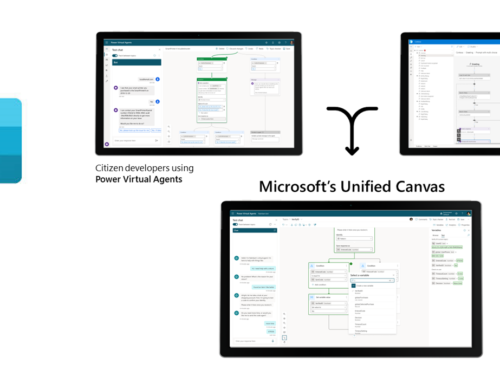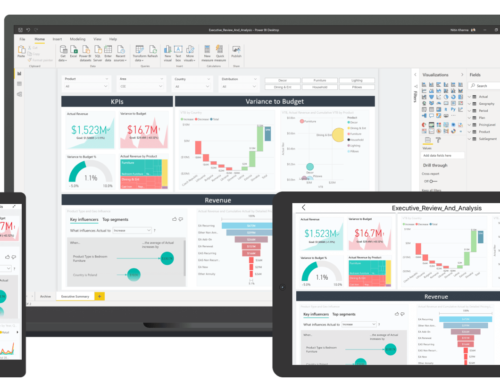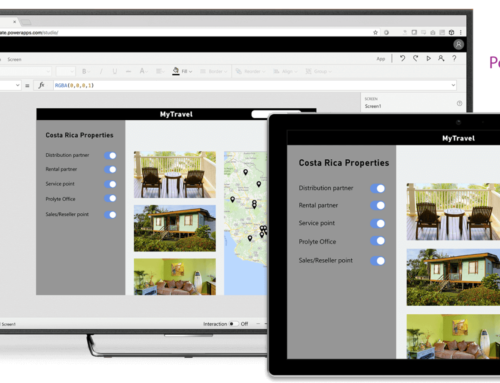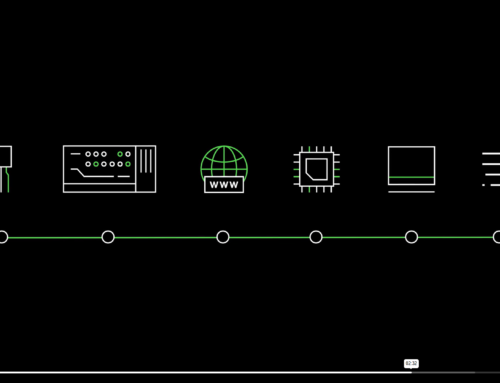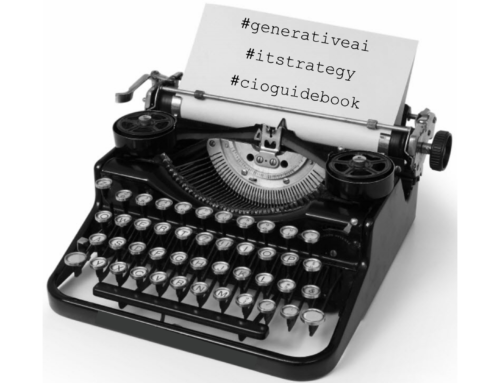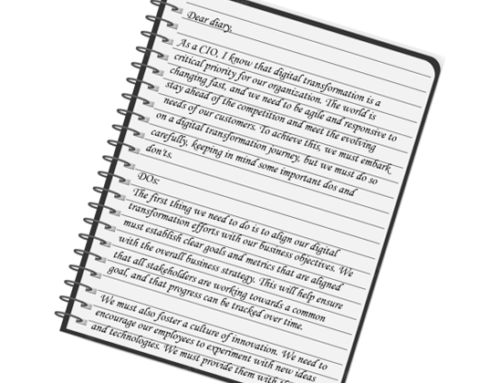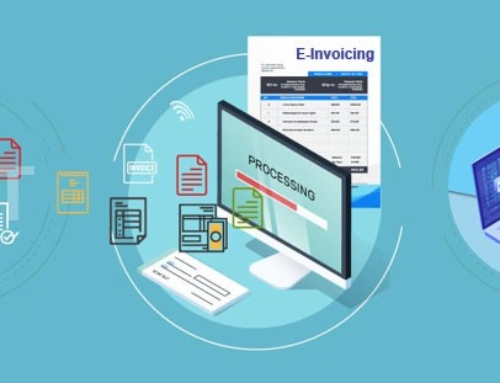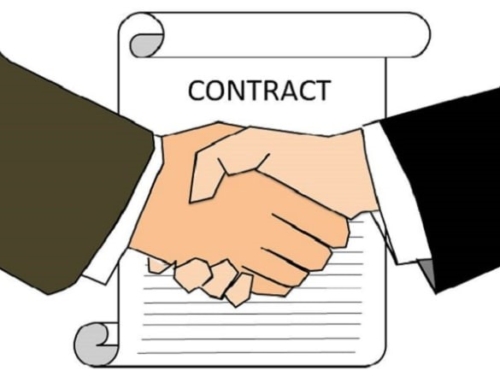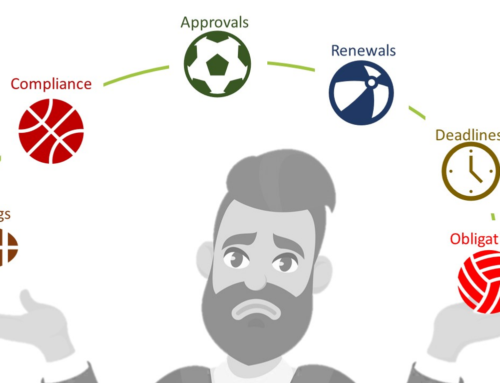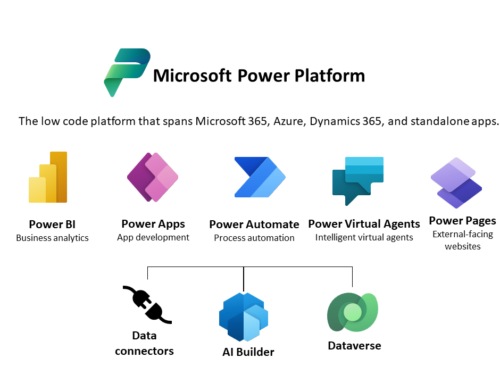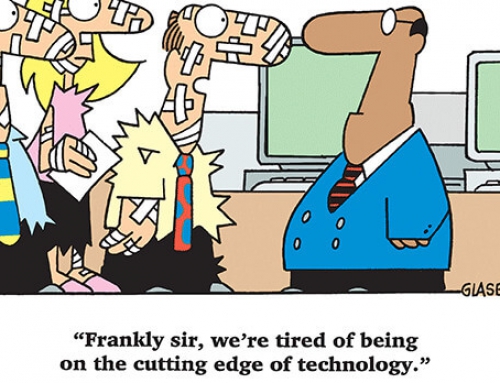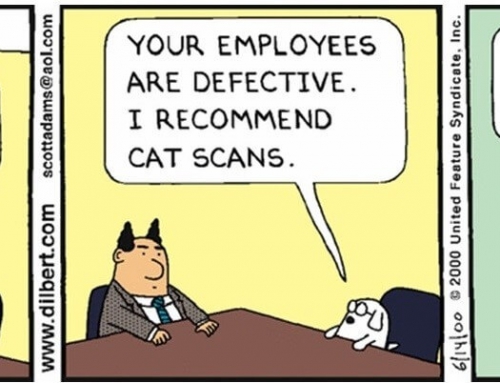After the contracts have been signed, the focus shifts to managing supplier performance. This involves monitoring and measuring supplier performance against key performance indicators (KPIs) to ensure that the suppliers are meeting their contractual obligations. KPIs can include metrics such as on-time delivery, quality, responsiveness, and overall customer satisfaction. Organizations can identify potential issues early by tracking these metrics and work with suppliers to develop corrective actions.
In addition to managing supplier performance, effective SRM also involves developing long-term relationships with key suppliers. This involves working collaboratively with suppliers to identify opportunities for innovation, cost savings, and process improvements. By fostering a spirit of collaboration, businesses can build trust and mutual respect with suppliers, which can lead to long-term partnerships and competitive advantages.
One of the key benefits of SRM is improved supplier performance. By establishing clear expectations and monitoring supplier performance against KPIs, businesses can drive quality, delivery, and overall performance improvements. This can lead to reduced costs, increased efficiency, and improved customer satisfaction.
Another benefit of effective SRM is reduced risk. By carefully selecting suppliers and managing supplier performance, businesses can reduce the risks associated with working with external partners. This includes risks around quality, delivery, financial stability, and compliance. By mitigating these risks, businesses can avoid disruptions in their supply chains and maintain the continuity of operations.
Effective SRM also enables organizations to drive innovation in their supply chains. By working collaboratively with suppliers, businesses can identify opportunities for process improvements, new product development, and cost savings. This can lead to a more competitive and agile supply chain that is better positioned to respond to changing market conditions.
In conclusion, Supplier Relationship Management is a critical business strategy that is focused on building and maintaining strong relationships with suppliers. By establishing effective SRM practices, businesses can improve supplier performance, reduce risks, and drive innovation in their supply chains. Through careful supplier selection, contract negotiation, performance monitoring, and collaboration, organizations can maximize the value that suppliers provide and achieve better overall business outcomes.
Get in touch for a demo of our SRM software ‘SureAlly’. Contact us at info@prosares.com

